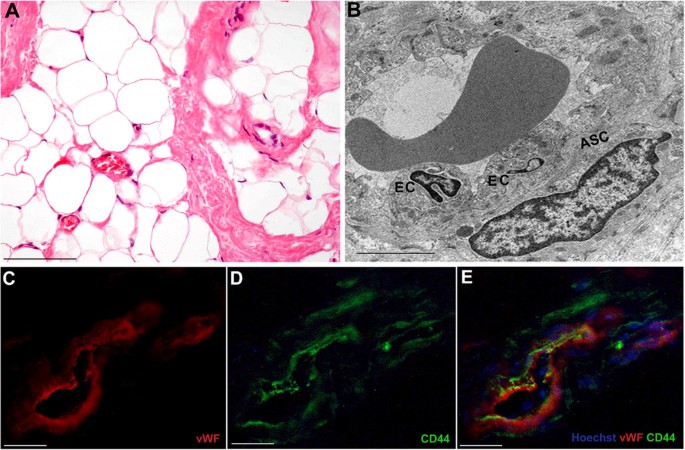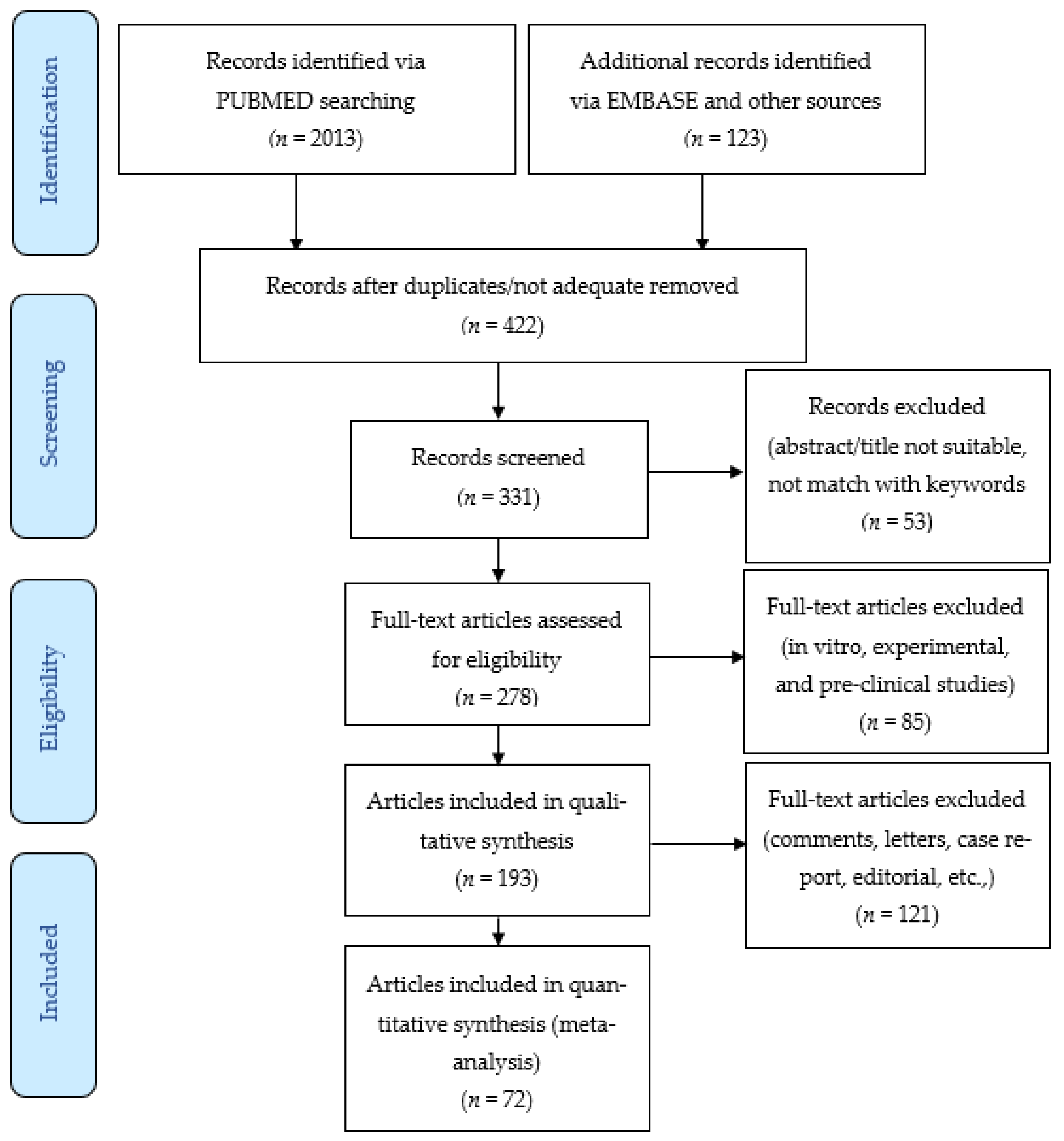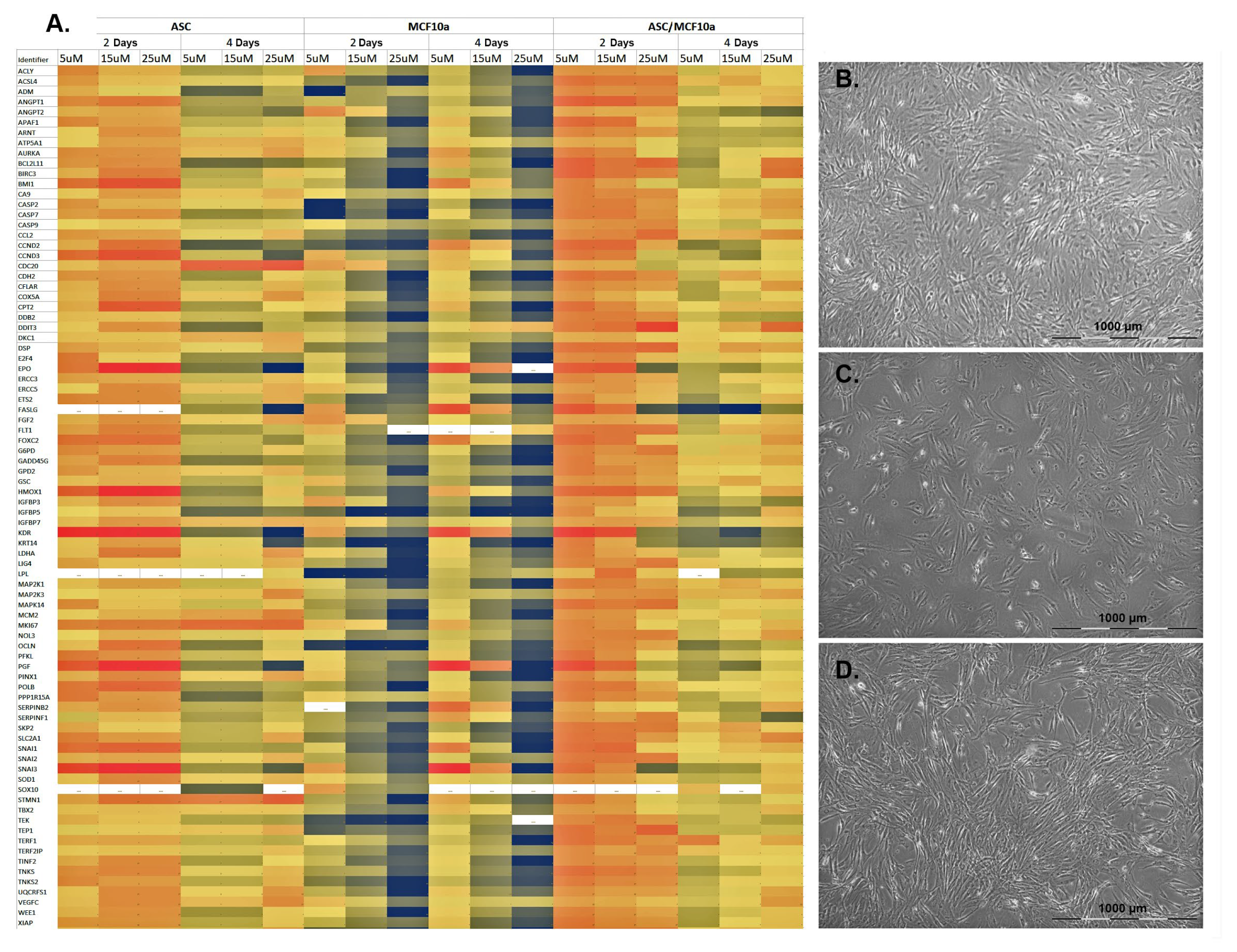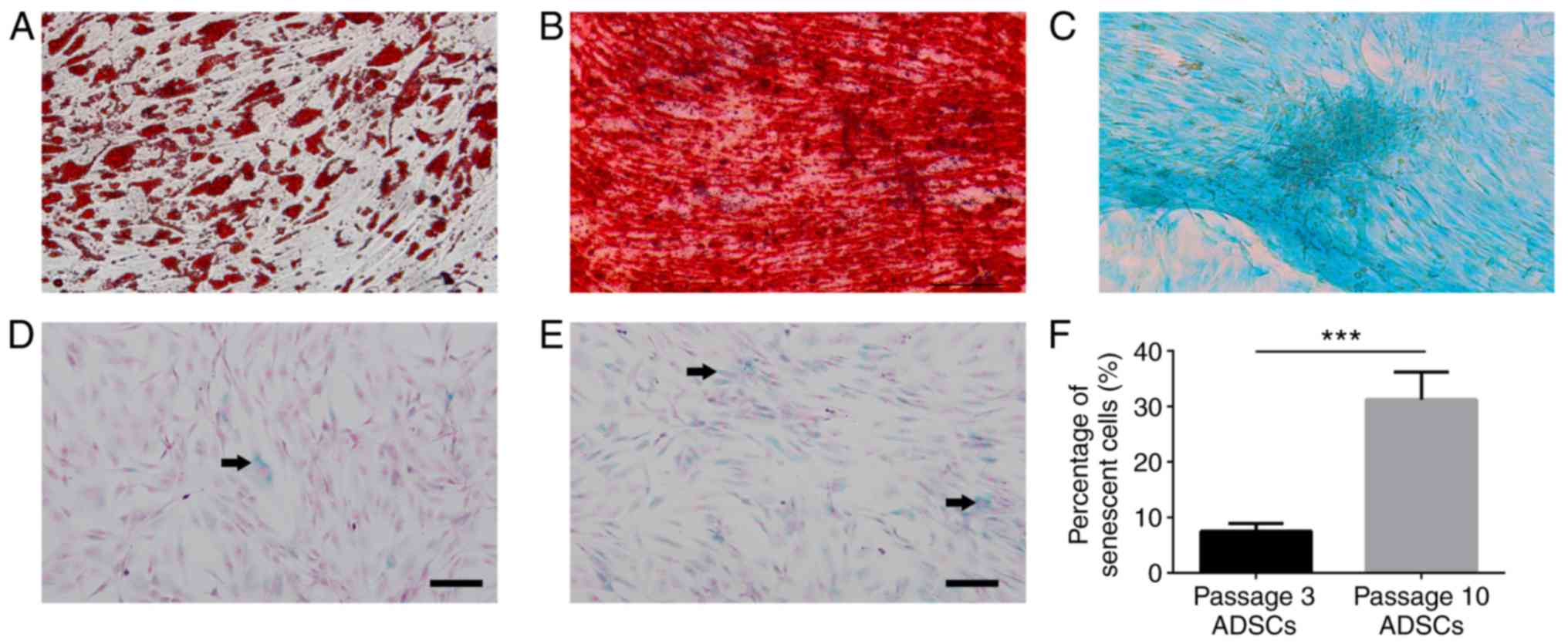Adult adipose-derived stem cells and breast cancer: a controversial relationship, SpringerPlus
4.8 (209) In stock

Breast cancer is the most common cancer in women and autologous fat grafting is an important clinical application in treatment of post-surgical deformities. The simplicity of fat grafting procedures and the absence of subsequent visible scar prompted an increasing interest for this technique. The plasticity of adipose-derived stem cells (ASCs) obtained from stromal vascular fraction (SVF) of adult adipose tissue provided exciting perspectives for regenerative medicine and surgery. The recent discovery that SVF/ASC enrichment further ameliorates clinical efficacy of grafting ASCs suggest as ASC-mediated new adipogenesis and vasculogenesis. ASC adipogenic differentiation involves Akt activity and EGFRs, FGFRs, ERbB2 receptor-mediated pathways that also play a pivotal role in the regulation of breast cancer growth. Moreover, the finding that platelet-derived growth factors and hormones improved long-term maintenance of fat grafting raises new concerns for their use during breast reconstruction after cancer surgery. However, it remains unclear whether grafted or resident ASCs may increase the risk of de novo cancer development or recurrence. Preliminary follow-up studies seem to support the efficacy and safety of SVF/ASCs enrichment and the additional benefit from the combined use of autologous platelet-derived growth factors and hormones during breast reconstruction procedures. In the present review we highlighted the complex interplay between resident or grafted ASCs, mature adipocytes, dormant or active breast cancer cells and tumor microenvironment. Actually, data concerning the permissive role of ASCs on breast cancer progression are contrasting, although no clear evidence speaking against their use exists.

Adipose-derived stem cells enhance human breast cancer growth and cancer stem cell-like properties through adipsin

IJMS, Free Full-Text

Adipose-derived stem cells enhance human breast cancer growth and cancer stem cell-like properties through adipsin

Cells, Free Full-Text

IJMS, Free Full-Text

Adipose‑derived mesenchymal stem cells exhibit tumor tropism and promote tumorsphere formation of breast cancer cells

Adipose tissue-to-breast cancer crosstalk: Comprehensive insights - ScienceDirect

New Insights into Extracellular Vesicles between Adipocytes and Breast Cancer Orchestrating Tumor Progression

Adipose-Derived Stem Cells for Tissue Engineering and Regenerative Medicine Applications
 The Perfect Find' Review: A Fallen Fashionista Finds a Young Love
The Perfect Find' Review: A Fallen Fashionista Finds a Young Love Buy CRZ YOGA Womens Butterluxe Cross Waist Workout Leggings 25
Buy CRZ YOGA Womens Butterluxe Cross Waist Workout Leggings 25 Havaianas Philippines steps up its sustainability game with eco
Havaianas Philippines steps up its sustainability game with eco Gabar Long Sleeve Swim Shirt G6C502 – My Top Drawer
Gabar Long Sleeve Swim Shirt G6C502 – My Top Drawer Shop Custom Silk Pajamas - Factory Direct Pricing and Color
Shop Custom Silk Pajamas - Factory Direct Pricing and Color The Effect of Cold Weather on Your Joints: Orthopaedic Institute of Henderson: Orthopedic Surgery, Arthroscopy, & Sports Medicine
The Effect of Cold Weather on Your Joints: Orthopaedic Institute of Henderson: Orthopedic Surgery, Arthroscopy, & Sports Medicine